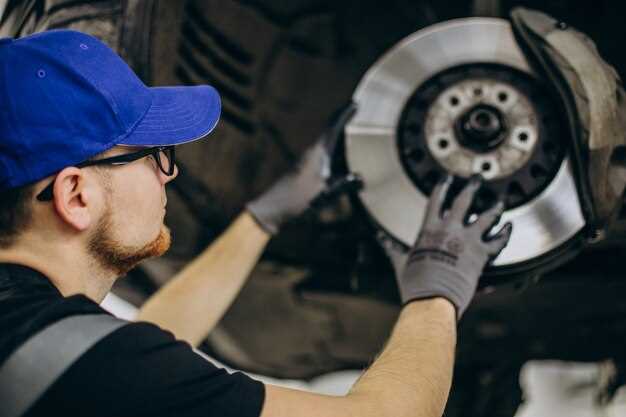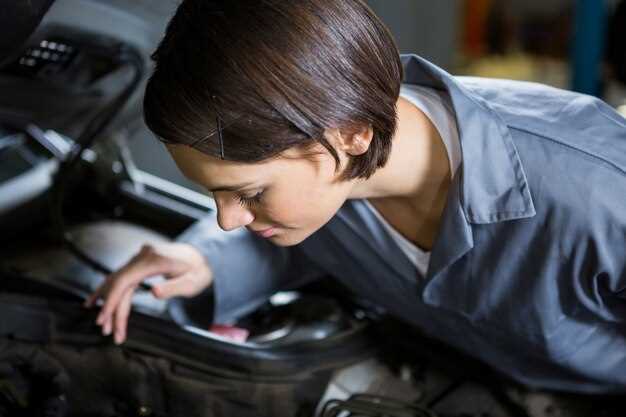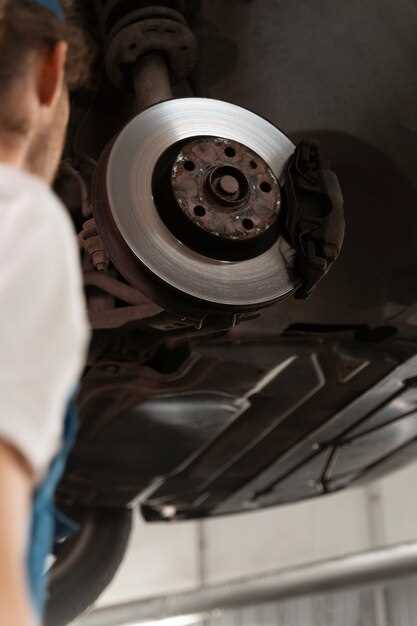
Every driver has likely experienced the unsettling sound of squeaky brakes at some point. This common issue can lead to concern about the overall safety and functionality of your vehicle. Understanding the causes of squeaky brakes is essential for maintaining your car’s performance and ensuring a smooth, safe ride.
Squeaky brakes are often a result of several factors, including worn brake pads, insufficient lubrication, and environmental influences. As brake components wear down over time, they can produce a variety of noises, with squeaking being one of the most prevalent. Identifying the specific cause of your brakes’ noise is crucial for determining the appropriate solution and ensuring the longevity of your braking system.
Ignoring squeaky brakes can lead to more severe damage and costly repairs down the line. Regular maintenance and timely inspections can help prevent these issues from escalating. In this article, we will delve into the primary causes of squeaky brakes, explore potential solutions, and provide tips on how to keep your braking system in optimal condition.
Identifying the Different Types of Squeaky Brake Noises

Squeaky brakes can vary in noise levels and characteristics, each signaling different underlying issues. Recognizing these sounds is crucial for ensuring the safety and performance of your vehicle.
A high-pitched squeal often indicates that the brake pads are worn down and need replacement. This sound occurs when the wear indicators on the pads come into contact with the rotor, providing a warning that maintenance is necessary.
A grinding noise suggests that brake pads are severely worn, allowing the metal backing plate to rub against the rotor. This not only affects braking efficiency but can also damage the rotors, leading to more expensive repairs.
If you hear a pulsating sound accompanied by a vibration during braking, it could indicate warped rotors. This condition affects the smooth contact between the pads and rotors, resulting in uneven braking performance.
A rustling or rattling noise may point to loose or missing components within the braking system. This misalignment can cause parts to shift during use, compromising safety and performance.
Lastly, a squeaking or chirping sound at low speeds can arise from dust or debris caught between the brake pads and the rotors. Cleaning the brake components may resolve this issue; however, if it persists, further inspection is warranted.
Understanding these various noises can help drivers identify issues early on, ultimately leading to safer driving conditions and extending the life of the braking system.
Common Causes of Brake Squeaking and How to Diagnose Them

Brake squeaking is a common issue that many vehicle owners experience. Understanding the underlying causes can help in diagnosing and resolving the problem effectively. Here are some of the most prevalent reasons for brake noise and how to identify them.
One major cause of brake squeaking is worn brake pads. As the pads wear down, the metal backing can come into contact with the brake rotor, producing a squeaking sound. To diagnose this, visually inspect the brake pads through the wheel openings. If the pads are less than a quarter inch thick, they likely need replacement.
Another cause can be dust and debris accumulation on the brake components. This dirt can create friction when the brakes are engaged, leading to noise. A simple diagnosis involves checking the brake assembly for any visible debris, which can usually be cleaned off with compressed air or a brake cleaner solution.
Moisture can also be a culprit, particularly in humid climates or after washing the vehicle. Wet rotors can produce a temporary squeaking sound until they dry out. To determine if moisture is the issue, listen for the squeaking sound to diminish after the brakes have been applied several times, which helps in drying out the components.
Improper installation or the absence of lubrication on the brake hardware can cause metal-on-metal contact, leading to squeaks. If recent brake service has been performed, check to ensure that parts were installed correctly and that all necessary lubricants were applied to moving parts. A thorough inspection will reveal if the hardware needs adjustment or lubrication.
Finally, brake pads made from harder materials, such as metallic compounds, can produce more noise than softer organic pads. If the squeaking persists, consider replacing the pads with a quieter option. To diagnose this, listen to the nature of the sound; if it’s consistent and high-pitched, it’s likely related to the pad material.
In conclusion, identifying the cause of brake squeaking often involves a combination of visual inspections and auditory assessments. Addressing these issues promptly can enhance safety and improve overall driving comfort.
Preventive Measures to Reduce Brake Noise in Your Vehicle
To minimize brake noise in your vehicle, regular maintenance is crucial. Routine inspections of your braking system can help identify issues before they escalate. Check brake pads for wear regularly; replacing them at the first signs of thinning can prevent noise caused by metal-to-metal contact.
Choosing high-quality brake pads can significantly reduce noise. Opt for pads designed specifically for quiet operation, such as those with noise-dampening features or coatings. It’s also essential to ensure that brake rotors are smooth and in good condition, as uneven surfaces can lead to increased friction and noise.
Proper installation of brake components plays a vital role. Ensure that all parts are fitted correctly, as loose or improperly aligned components can create vibrations, leading to noise. Use lubricant on the backing of brake pads to minimize squeal and incorporate anti-vibration shims when possible.
Maintaining appropriate brake fluid levels and ensuring the fluid is free of contamination can contribute to smoother braking performance. Old or contaminated brake fluid may affect braking efficiency and lead to noise. Additionally, consider reducing the frequency of aggressive driving, as hard braking can produce noise and accelerate wear on components.
Finally, regular cleaning of brake components can prevent dirt and debris build-up, which can cause noise. Utilizing brake cleaner to remove dust and grime ensures the system operates smoothly. Following these preventive measures will help maintain a quiet and efficient braking system, enhancing overall driving comfort and safety.




